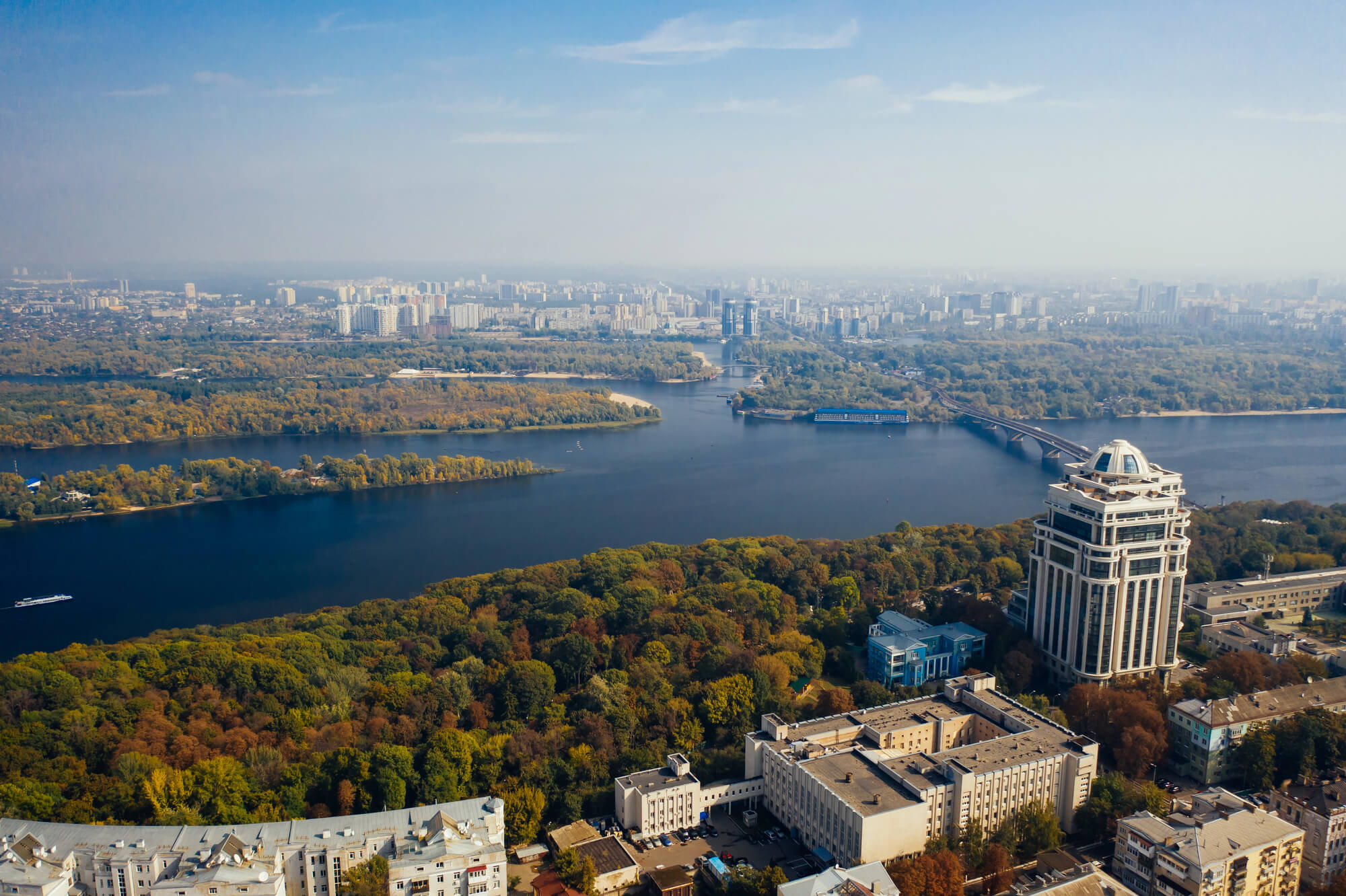The best thing about living without fourth president of Ukraine Victor Yanukovych is that Ukraine has become free of a dictatorship and reforms began. But the worst thing is that they are proceeding extremely slowly and soviet-style mindset, corruption and political populism are still there.
2014 can be easily proclaimed as the Year of Great Expectations. Have all of them crashed since the escape of Victor Yanukovitch on the 21st of February? Not really. We put together a list of 12 major achievements and failures of the new Ukrainian authorities (ordered in decreasing order of importance).
Achievements:
1. Fast and efficient renewal of cooperation with IMF and other Western donors (EU, World bank, EBRD, etc), as well as attraction of funding in Spring 2014;
2. Start of reforms:
a) Establishment of package of anticorruption laws: “Anticorruption strategy 2014-2017”, “About corruption prevention”, as well as the start of establishing an anticorruption bureau.
b) New education law, which, despite all the drawbacks, is much better than before and is a big step towards creating a Western type of educational system.
c) Some deregulation, as well as changes in governmental procurement procedures. For example, electronic auctions of the mortgaged property became completely transparent;
3. General pro-European direction of Ukrainian foreign policy and signing of the EU Association Agreement, despite all its symbolism at the first stage;
4. Rebirth of the army and a start of reforms in it (although in a very slow manner).
5. Reforms within NBU and of the financial market:
a) real cleaning up of the banking sector: instead of being funded, weak banks are being removed from the market;
b) internal restructuring of NBU and a shift from de-facto peg to a flexible exchange rate management that in the long run will positively impact the Ukrainian economy.
6. Reverse gas supply and agreements with Europe in this area. Though, the economy is still highly energy inefficient and there’s no clear plan to change the situation.
Failures:
- Absence of more substantial reforms, especially in public administration and judiciary. The contrast between the timid behavior of the government and the radical readiness of part of the society to embrace new Ukraine is striking. Despite anti-corruption laws, corruption didn’t disappear, but became decentralized;
- Political ambitions are still more important than the country’s destiny. A shameful dragging on with the coalition formation after the elections led to the delay in implementation of key stabilization measures and postponement in disbursement of foreign help;
- Persistence of political populism. For example, the attempt to revoke the double tax treaty with Cyprus. Or the introduction of a moratorium on expropriation of mortgage collateral. Fortunately, the latter was vetoed by the President.
- No prosecution of the people responsible for deaths on Maidan in February 2014, as well as plundering the state (or at least, total absence of public information about it).
- Disastrous information policy – starting with ineffective discussion between Government and Parliament on the budget-2015 and continuing with total absence of any policy of informing and helping the refugees, which is inflaming the society on both parts of Ukraine;
- Multiple exchange rates and no ban on premature withdrawal of deposits.
Summing up, the good thing about Ukraine is that it finally abandoned its famous “multi-vector” policy and decided to join the civilized world. The bad thing is that, having decided, the government don’t know how to implement this decision because politicians and authorities mostly used to Soviet-style cooperation and communications. This is, probably, the main reason of why Ukraine is stuck, if not falling into the economic and political abyss now.
Attention
The author doesn`t work for, consult to, own shares in or receive funding from any company or organization that would benefit from this article, and have no relevant affiliations



